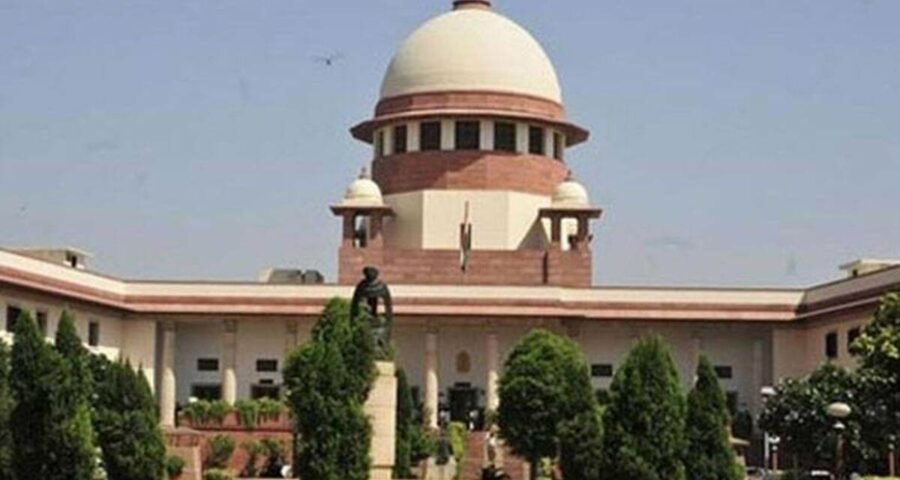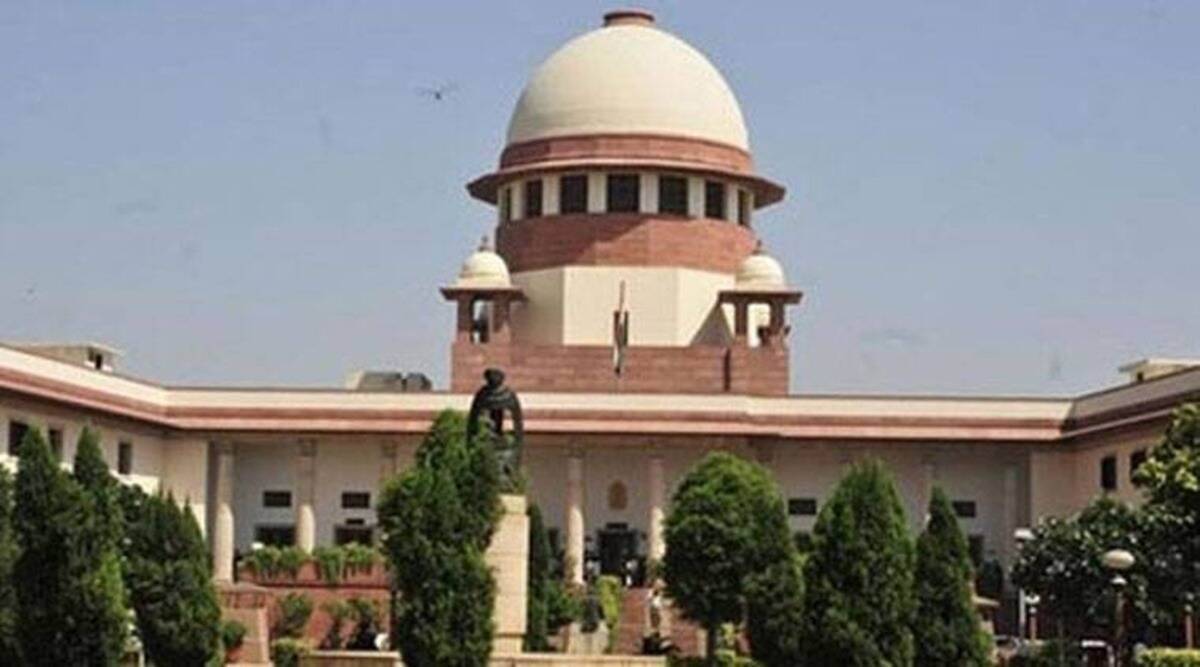The government was replying to a plea seeking the identification, detention and deportation of all illegal immigrants within a year.
The Karnataka government Monday told the Supreme Court that it has “no immediate plans” to deport Rohingya people living in state capital Bengaluru.
In an affidavit, the state said: “Bengaluru City Police have not housed Rohingyas in any camp or detention centre within its jurisdiction. However, 72 Rohingyas identified in Bengaluru City are working in various fields and Bengaluru City Police have not taken any coercive action against them as of now and there is no immediate plan of deporting them.”
The government was replying to a plea seeking the identification, detention and deportation of all illegal immigrants within a year.
It also submitted to the court a list of the 72 people from the Rohingya community and sought dismissal of the petition filed by advocate Ashiwini Kumar Upadhyay.
In August 2017, the then Union Minister of State for Home Kiren Rijiu had told Parliament that states had been directed to detect and deport illegal immigrants, including Rohingya people.
Following this, two persons from the Rohingya community approached the Supreme Court against the deportation plans.
Responding to the plea, the Centre told the top court in an affidavit in September 2017 that the “illegal” influx of Rohingya community members “using the porous border between India and Myanmar… and their continued stay in India, apart from being absolutely illegal, is found to be having serious national security ramifications and has serious security threats”.
The affidavit stated that the “illegal influx” of Rohingyas had started from 2012-13 — the UPA II was then in power — and added that the government “has contemporaneous inputs from security agencies and other authentic material indicating linkages of some of the unauthorised Rohingya immigrants with Pakistan-based terror organisations and similar organisations in other countries”.
Besides, there was also “organised influx of illegal immigrants from Myanmar through agents and touts facilitating illegal immigrants/Rohingyas into India via Benapole-Haridaspur (West Bengal), Hili (West Bengal), Sonamura (Tripura), Kolkata and Guwahati,” the affidavit stated.
India was “already saddled with a very serious problem of illegal immigrants” and was trying to address that in the larger interests of the country, the government had contended.
Source: Read Full Article


